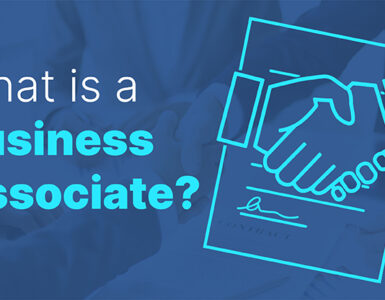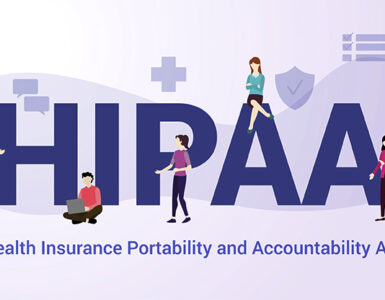HIPAA is a United States Health Insurance Portability and Accountability Act and consists of HIPAA I and HIPAA II. HIPAA I administer health insurance norms, which are meant for people who loose or change jobs. The HIPAA II is about standardization of healthcare procedure that the health providers are required to follow. The later version is what is talked about the most and also governs the norms that are necessary for protection of the patient health records. This is necessary to protect the patients and the health insurance agencies from the frauds due to stolen identity.
HIPAA is enforcing stricter laws and norms to deal firmly with health insurance fraud cases like the one reported in the SUN newspaper about sale of vital health records of patients to attorneys so that they could mint money. There are few steps that have been taken in recent months with sole purpose to make electronic exchange of human health data, foolproof.
- In November 2009 eight Federal agencies approved a notice approval form. It makes mandatory for the health providers to share with customers how their information is gathered and distributed. This makes it easy for the customers to decide easily whether they want to stay in or opt out of the service.
- The new regulations allow the state to sue the defaulter for HIPAA violations, expand criminal prosecution and impose heavy fines.
- The final rule of Federal Trade Commission (FTC) issued as per American Recovery and Reinvestment Act makes it necessary for the health providers to report breach in patient health information to the consumer. If the health information of 500 or more people is leaked then it should be brought to notice in media. The rule also clarifies on the timing, content and method of reporting the leak.
- The Recovery act makes it necessary for the Department of Health and Human Services (HHS) to conduct a survey on the entities that provide health services but are not covered by HIPAA. The aim is to frame rules on how such entities can discharge their medical services and at same time safeguard vital patient statistics.
In the end new and stricter regulations point out to the effort of the regulatory authorities to clamp down on the fraudulent practices that still exist in the system in spite of safeguards that are placed in it. The sole purpose is to make the electronic sharing of patient health data secure and tamper proof. This will save the State and people from loosing millions of dollar every year due to fraudulent insurance claims.
Due to rising frauds in patient health information the regulatory authorities have enforced stricter HIPAA norms to make patient identity safe and secure.





